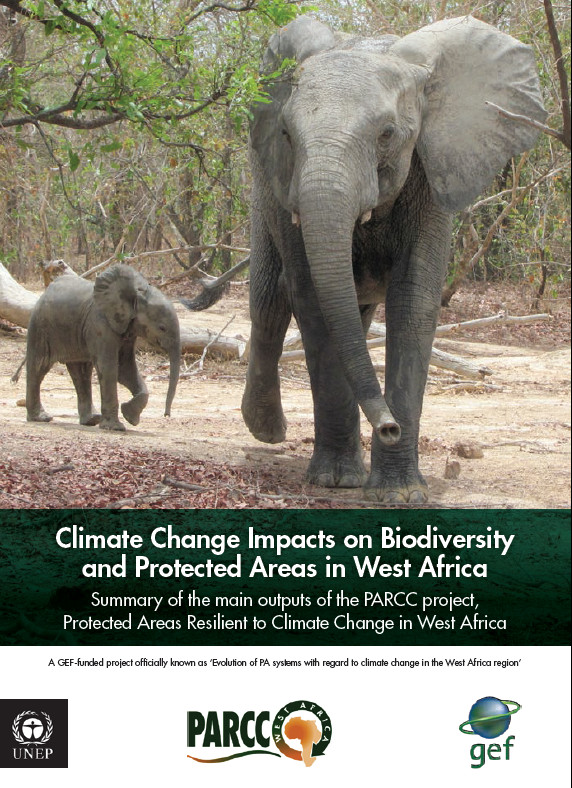Protected areas resilient to climate change in West Africa

PARCC
Photo: PARCC
The resilience of protected areas is defined as their ability to cope with climate change impacts. The PARCC West Africa Project (2010-2015) aimed at helping countries make their protected areas networks more resilient to the impacts of climate change, by developing innovative methods for assessing their vulnerability to climate change, designing adaptation strategies to strengthen their resilience, and building capacity in the region for applying the tools and implement the strategies. Implemented by UNEP-WCMC and IUCN PACO as the main regional partner, and with the support of national, regional and international partners, the project focused on five core countries in West Africa: Chad, Gambia, Mali, Sierra Leone, and Togo; however all tools and methodologies were developed for the whole West African region. Some of the main project achievements include: regional climate projections for West Africa, species and protected areas vulnerability assessment to climate change, systematic conservation planning systems at the national and regional level, adaptation strategies and policy recommendations for climate adaptation and management at the national and regional level.
More information and downloads: http://parcc.protectedplanet.net



